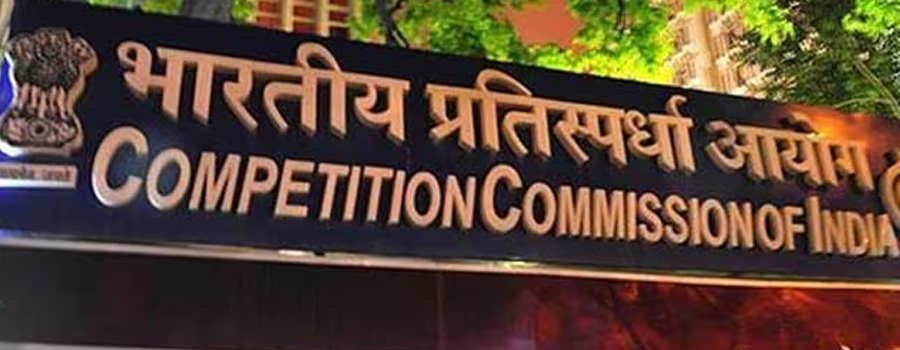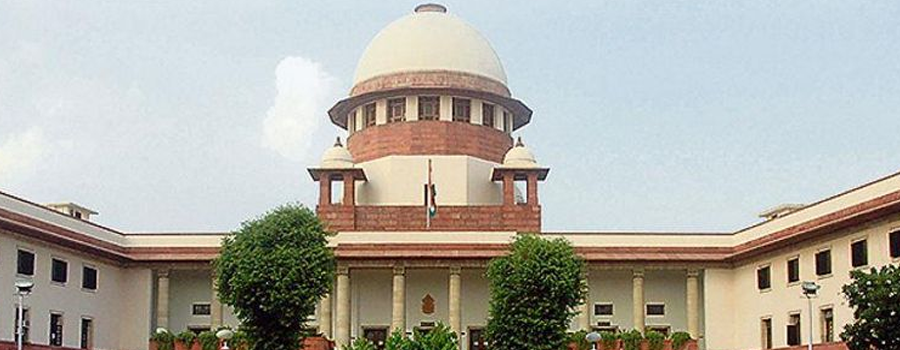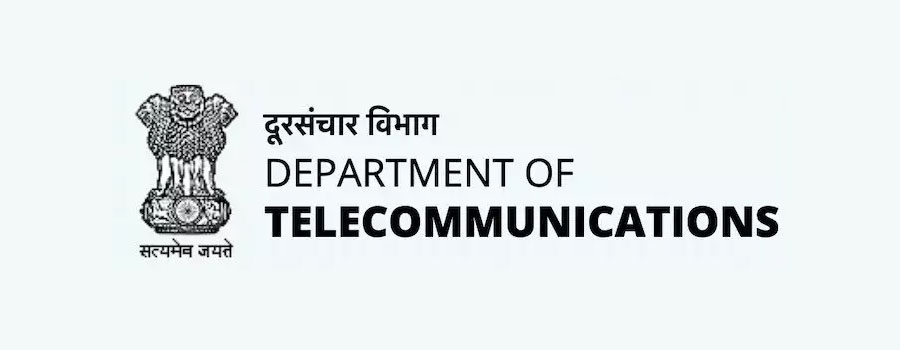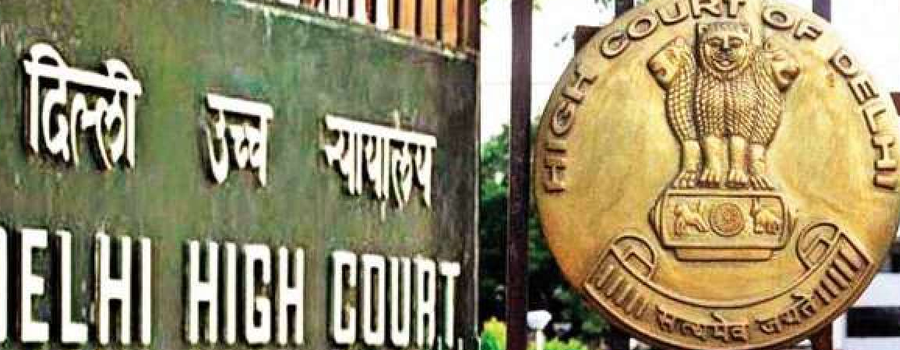
An investigation by India’s antitrust body has found that Apple exploited its dominant position in the market for app stores on its iOS operating system, engaging “in abusive conduct and practices”, a confidential report seen by Reuters showed. The Competition Commission of India (CCI) has been investigating Apple Inc, since 2021 for possibly abusing its dominant position in the apps market by forcing developers to use its proprietary in-app purchase system. The CCI’s investigations unit, in its 142-page report which is not public but was seen by Reuters, said Apple wields “significant influence” over how digital products and services reach consumers, especially through its iOS platform and App Store.

















